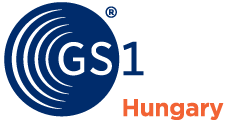IDDA
Integrated Delivery by Digital Assistance
A New Generation of Business Communication
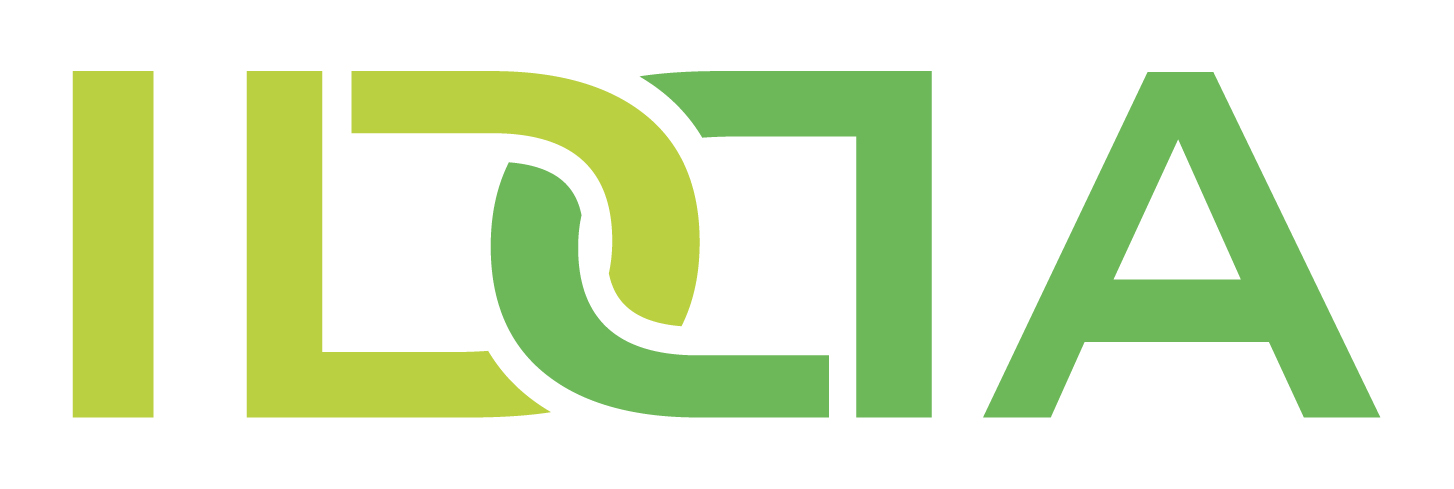
Learn about the IDDA service, co-financed by the European Union, and how to get the most out of it!
Business communication is important to everyone, yet it stutters
If everyone chooses a different path…
The importance of electronic commerce standards
That is why IDDA may be the right solution for you!
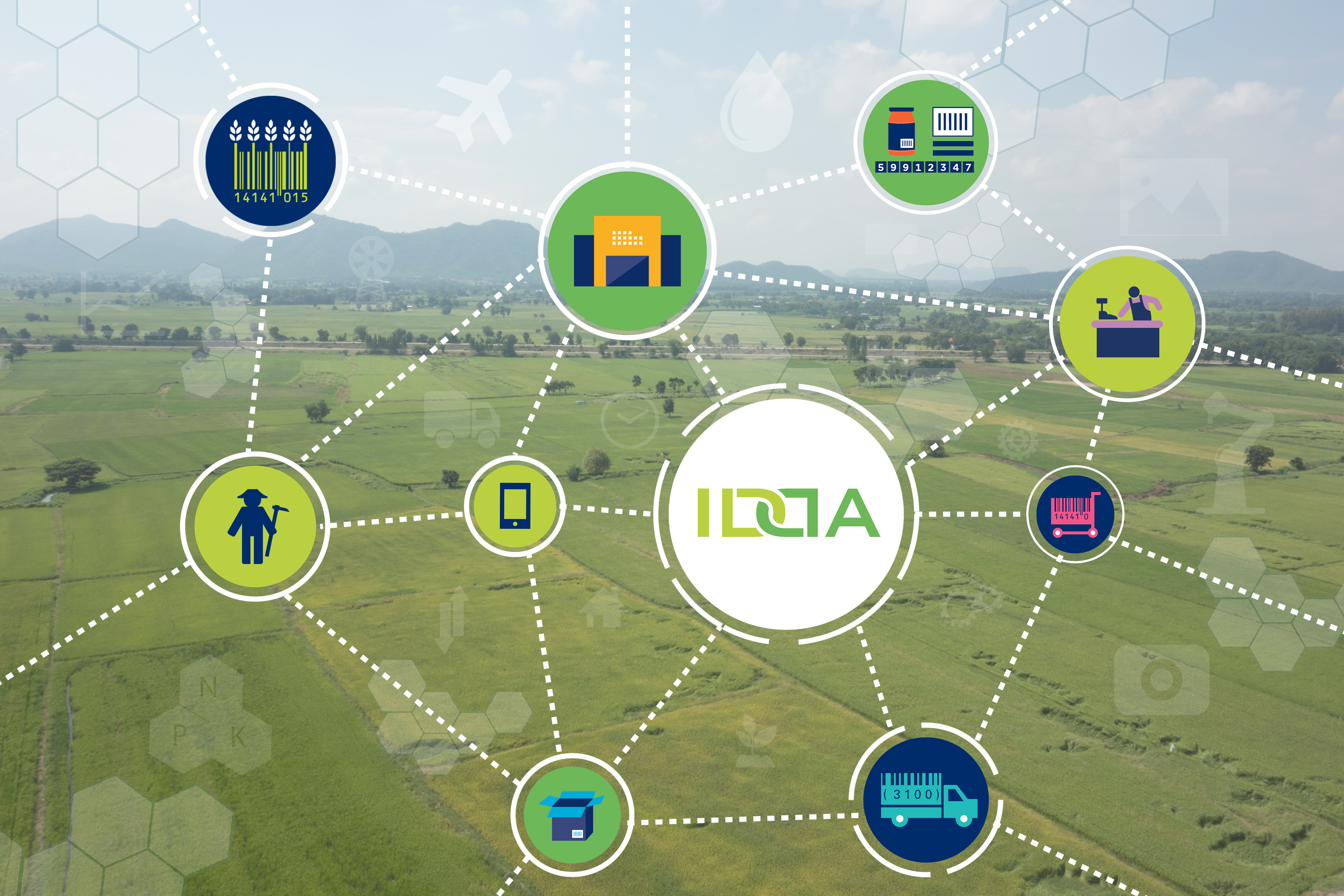
The IDDA project being executed in cooperation with the consortium members has been established in 2019 to implement the action „Increasing Supply Chain interoperability, transparency and security based on global standards” co-financed by the Innovation and Networks Executive Agency (INEA) within the European Union’s “Connecting European Facility (CEF) in Telecom” innovation support framework. Contract number: 2018-HU-IA-0048
These three technologies:
- Global GS1 Standards providing the platform for globally unique identification in automated business processes also having been present in the food sector worldwide for more than 45 years (6 billion transactions per day rely on these solutions);
- eDelivery is an EU network communication platform called a "building block" to enable businesses in the European market to benefit of harmonized business solutions
- and blockchain-based ledgering providing added value of data security.
News about IDDA development
IDDA has successfully performed the eDelivery Connectivity test acknowledged by the CEF eDelivery Support Team
How can you exploit the most opportunities of the next-generation IDDA Service?
Join us and be a pilot partner!
IDDA pilot project welcome applicants; Hungarian or international traders, manufacturers, distributors, procurers (ie. purchasers of raw materials, basic commodity products, goods and services) who operate supply hubs, cooperate with several suppliers and intended to increase the efficiency of their business communication by the introduction of a standard-based new system enable the micro, the small and the medium enterprises to connect easily without having an operational internal enterprise management system (ERP) or advanced IT infrastructure.
Going to be an IDDA Partner
- IDDA static business process overview (Read Only Partner)
- IDDA operational business processes with dynamic data communication (Dynamic Partner)
- IDDA customer tailored business processes development upon extra user requirements (Private Partner)
IDDA customer tailored business processes development upon extra user requirements (Private Partner)
After the completion of the IDDA Service system evaluation any further functional user requirement emerged beyond those ones listed in the User Manual please do not hesitate to contact us; it would be our pleasure to support you further onward.
Please contact for a technical consultation to the IDDA Service Provider at the e-mail address idda@erba.hu! We look forward to your questions!
Technical introduction and overview of the IDDA service platform for potential business use
The IDDA system provide a secure data exchange service between partners even if they are using different business technologies or solutions, thanks to the applied eDelivery CEF DSI Building Block of the European Union's G2B (government to business) business communication network solution. eDelivery - as a DSI Building Block - is a generic service component of, the European Network Finance Facility (CEF) program designed to facilitate cross-border interaction between public administrations, businesses and citizens by means of digital service infrastructure (DSIs) and network development. eDelivery as an electronic delivery service is a building block of the certified data exchange.
Introduction of IDDA project
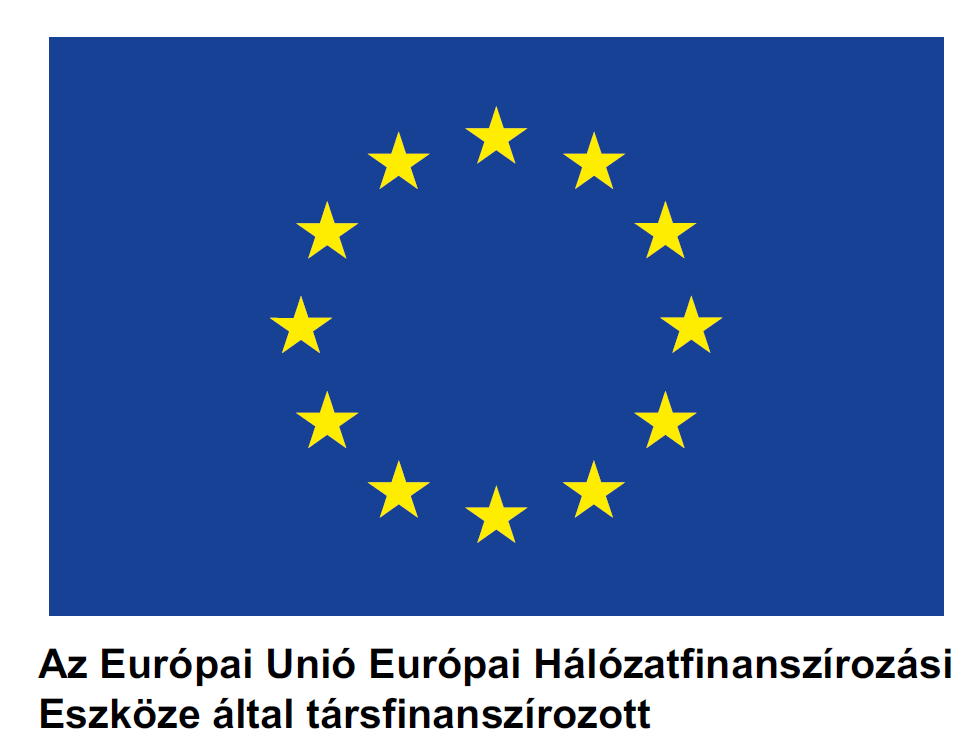

Supporter: EU CEF INEA
Scope and Objectives
Organizations that enable IDDA service
Introducing the members of the Consortium
About GS1 Hungary
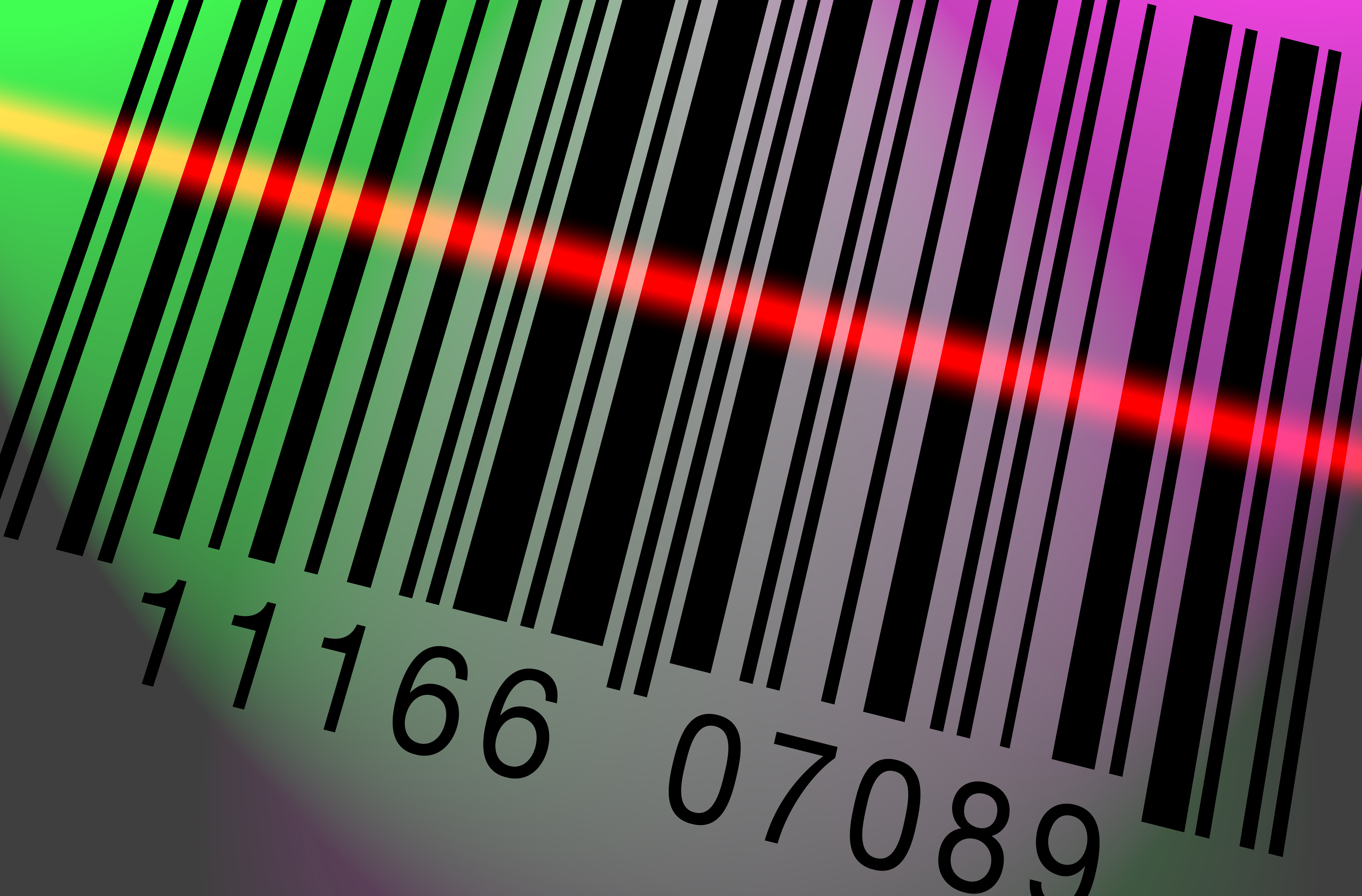
As the Hungarian representatives of the international standard system, it is our responsibility to provide our partners with comprehensive services based on global identification and innovative solutions that take into account the current technological achievements. By applying these, the local economic life and the participants of the governmental (or state) and public sector become capable to adapt to today’s rapidly evolving world and to enhance the efficiency of their value-creating processes.
GS1 Hungary: https://gs1hu.org/
About Erba 96 Kft

About Blockchain Competence Center

Introducing the INEA
Got to know how to be an innovative partner!
Being interested in the IDDA project details please approach our colleagues:


